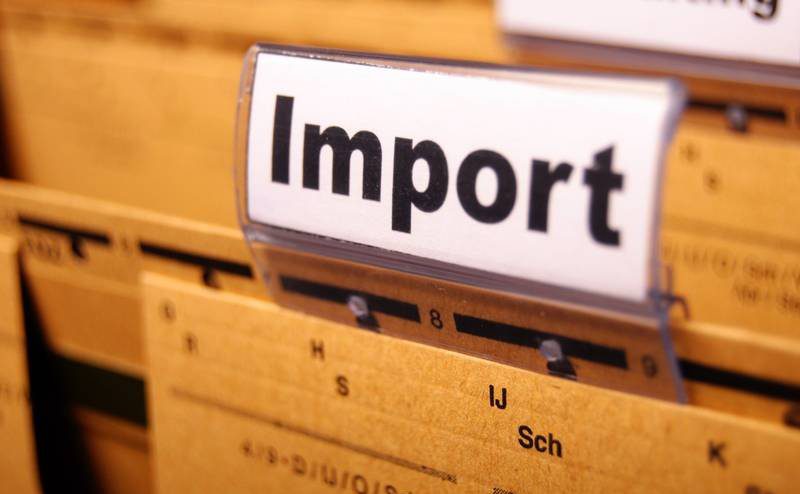
Industrialists and entrepreneurs support the cancellation of the existing additional tax on most imported goods at the rates of 5% and 10%. Such a move will boost multilateral trade and domestic production, reduce the import of raw materials and components, and will create preconditions for signing more contracts to produce high quality products at affordable prices.
This, in turn, will stimulate the internal market, create new jobs, and increase the population’s purchasing capacity. Ukrainian entrepreneurs from the most powerful union of industrialists and entrepreneurs —the Ukrainian League of Industrialists and Entrepreneurs (ULIE) and the Anti-Crisis Council of NGOs —have urged the Ukrainian parliament to revisit the issue as soon as possible and eventually cancel the additional import tax.
They stress that this correlates with agreements reached with the International Monetary Fund and the European Union on abolishing this tax by the end of 2015.
Moreover, the fiscal impact of the tax is no longer relevant due to negative effects caused by higher prices of raw materials, technologies, equipment, and components.
The tax was introduced to stabilize the balance of payments of Ukraine and boost budget revenue. However, none of the goals was achieved, and thus there is no reason for keeping the tax.
On the contrary, when manufacturers get access to the required materials and technologies that are critical imports, they can develop production, increase the added value of produce, thus stabilizing prices and being successful in export, being competitive both in Ukraine and abroad. This, in turn, means the development of the economy, an increase in tax revenues to the national budget and, very importantly, the preservation and creation of new jobs.
Obviously, this is a scenario the foreign partners of Ukraine are interested in, as the insolvent market is not what Ukrainian and Western communities would want.
It is worth mentioning that the additional import tax set at 5-10% was introduced earlier this year to make Ukraine’s balance of payments more stable. In general, it involves about 100 commodity groups, except for so-called “critical imports,” i.e. fuel, some medicines and other products.